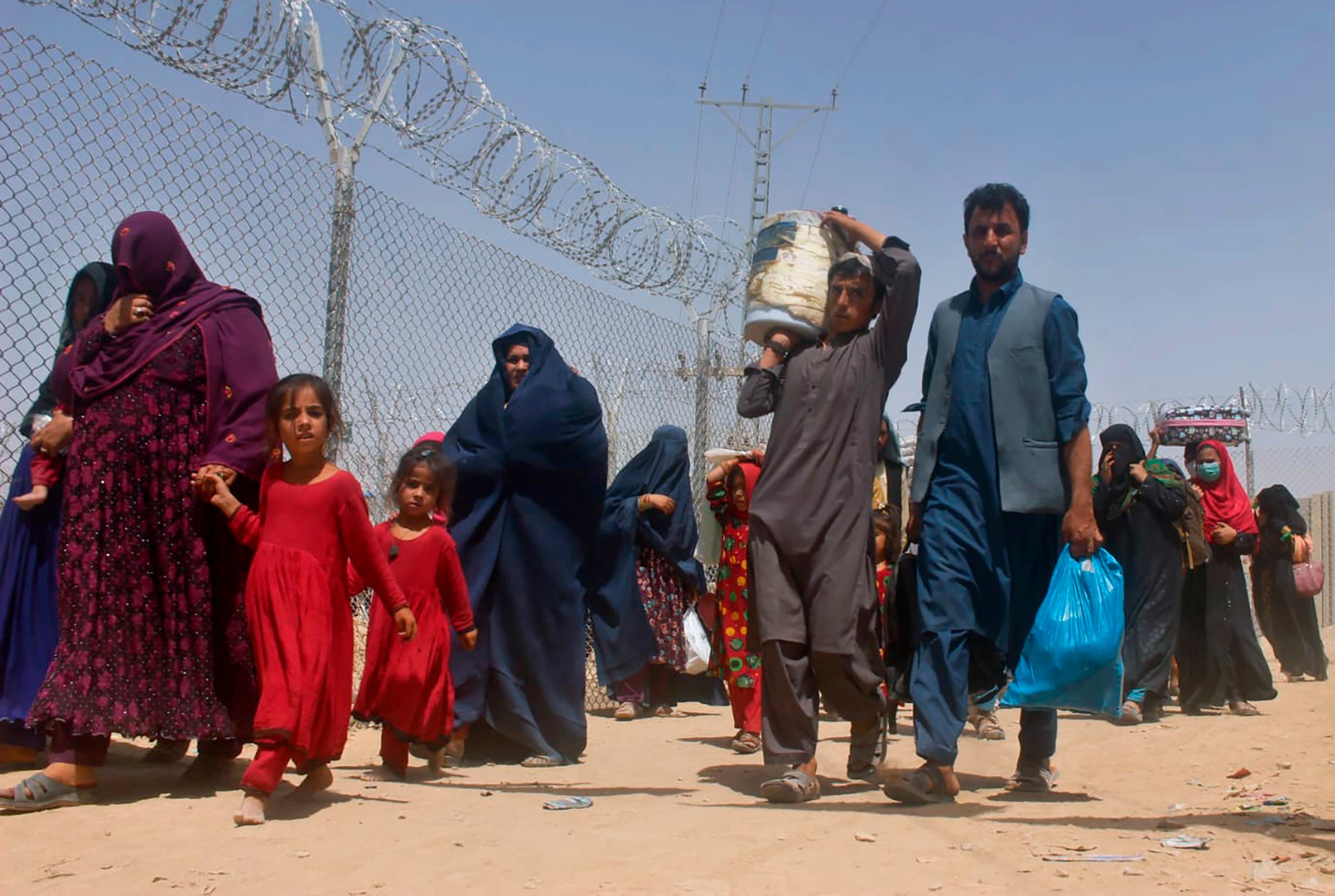Afghanistan: Only a ‘few days’ worth of medical supplies left in country, WHO warns
The WHO is hoping to establish an air bridge into the northern city of Mazar-i-Sharif

Your support helps us to tell the story
From reproductive rights to climate change to Big Tech, The Independent is on the ground when the story is developing. Whether it's investigating the financials of Elon Musk's pro-Trump PAC or producing our latest documentary, 'The A Word', which shines a light on the American women fighting for reproductive rights, we know how important it is to parse out the facts from the messaging.
At such a critical moment in US history, we need reporters on the ground. Your donation allows us to keep sending journalists to speak to both sides of the story.
The Independent is trusted by Americans across the entire political spectrum. And unlike many other quality news outlets, we choose not to lock Americans out of our reporting and analysis with paywalls. We believe quality journalism should be available to everyone, paid for by those who can afford it.
Your support makes all the difference.Medical supplies are set to run out within the next few days in Afghanistan, the World Health Organisation (WHO) warned today.
The WHO’s regional emergency director Rick Brennan said the need was “enormous and growing” and that trauma kits and medicines for treating children for chronic malnutrition were among the priority items.
Due to the ongoing security issues at Kabul airport the WHO is hoping to establish an air bridge into the northern city of Mazar-i-Sharif with the help of Pakistani authorities to land planes with aid.
At least one Islamic State suicide bomber killed 85 people, including 13 US soldiers, outside the gates of Kabul airport in twin blasts on Thursday evening.
Speaking from Cairo, Mr Brennan told a UN briefing in Geneva: “Right now because of security concerns and several other operational considerations, Kabul airport is not going to be an option for the next week at least.”
“One of the problems we have in Afghanistan right now is there is no civil aviation authority functioning but we are working with Pakistan particularly in the context of Mazar-i-Sharif airport.
“Because they can work with contacts on the ground that all the necessary steps to land an aircraft, to land a cargo aircraft, can be put in place,” he said.
Earlier this month the WHO warned that unless medical health services were maintained during the conflict that Covid-19 cases could increase.
Nine days ago Dr Ahmed Al-Mandhari, the WHO’s regional director for the Eastern Mediterranean, said there was an “immediate need” to ensure continuing health services and said there were already reports of people with malnutrition, diarrhoea,high blood pressure and Covid-19-like symptoms.
The concerns over medical supplies come just a day after global charity Save The Children conveyed concerns about the humanitarian situation and warned that millions of children could be pushed in severe hunger after a spike in food prices.
The charity’s staff in Kabul, Faryab and Kunduz reported price hikes of up to 63% over the past month on goods such as flour, oil, beans and gas.
The organisation warned that rising costs will leave many families unable to afford basic items. Prices began rising at the outset of the pandemic, but the conflict in May have caused them to rise further.
Athena Rayburn, Director of Advocacy and Campaigns at Save the Children Afghanistan, said:“The spike in prices will push food out of reach for many families, particularly those who have been displaced from their homes and are living on next to nothing.
“Conflict, drought and COVID-19 have already pushed millions of children into hunger and misery in Afghanistan – now they could be pushed even closer to the brink of famine.”
Additional reporting by agencies
Join our commenting forum
Join thought-provoking conversations, follow other Independent readers and see their replies
Comments